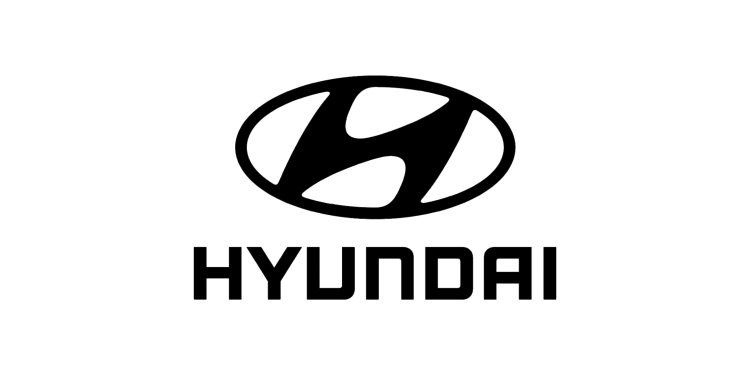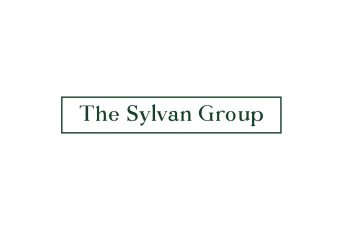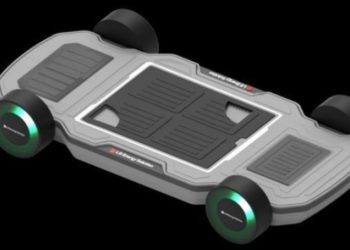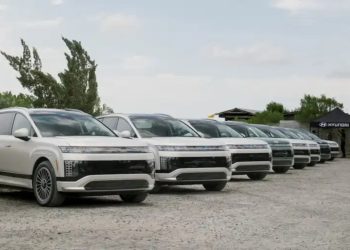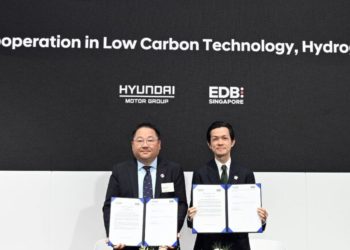Record spending aims to boost EV exports, AI innovation and strengthen domestic supply chains
Hyundai Motor Group has announced a record investment of 125.2 trillion won ($86.47 billion) in South Korea between 2026 and 2030, marking its largest domestic commitment to date. The decision comes shortly after Seoul finalized a new trade deal with Washington that reduces U.S. tariffs on Korean-made vehicles from 25% to 15%, easing some of the pressure on one of Korea’s most important export industries.
The five-year commitment represents a 40% increase compared with the 89.1 trillion won Hyundai and Kia invested in Korea from 2021 to 2025. The funding is aimed at strengthening South Korea’s mobility capabilities in future technologies such as AI, robotics, electrification, hydrogen systems and software-defined vehicles (SDVs). Analysts say it also reflects the country’s broader effort to insulate domestic industries from global trade risks and rising protectionism.
Government-Backed Strategy After Tariff Concerns
The announcement followed a meeting between President Lee Jae Myung and major business leaders, including Hyundai Motor Group Chairman Euisun Chung, to discuss the implications of the U.S.–Korea tariff agreement. While the new tariff structure offers relief, concerns remain.
“We are well aware of concerns about exports declining and domestic production shrinking due to U.S. tariffs of 15%,” Chung said. “We will diversify export markets, increase exports from domestic factories, and more than double EV exports by 2030.”
Hyundai also pledged support for auto parts suppliers struggling with tariff-related costs — an issue that has raised fears of domestic supply chain disruption.
Where the 125.2 Trillion Won Will Go
Hyundai Motor Group said the five-year investment will be divided into three core areas:
| Investment Area | Amount (Trillion Won) | Purpose |
| Future Businesses (AI, EVs, SDVs, robotics, hydrogen) | 50.5 | New growth engines & advanced technologies |
| R&D | 38.5 | Core tech development & new models |
| Production Facilities & Infrastructure | 36.2 | Factory upgrades & construction of Global Business Center |
A major share will go toward expanding Hyundai’s AI and robotics capabilities and developing next-generation manufacturing systems. The group is considering building a high-power AI data center and establishing a Physical AI Application Center to test AI-trained robots before deployment in real-world industrial environments.
Hydrogen and Clean Energy: A Strategic Priority
Hydrogen plays a central role in Hyundai’s long-term vision. The group plans to build a 1GW PEM electrolyzer plant in the southwest region to support clean hydrogen production. Hyundai is also exploring the concept of a hydrogen AI smart city that integrates hydrogen energy, autonomous driving and V2X technologies.
These moves align with Korea’s strategy to build a full hydrogen value chain — spanning production, storage, supply and mobility applications.
Boosting Exports and Domestic Manufacturing
Hyundai Motor Group expects the investment to significantly strengthen Korea’s export competitiveness. By 2030, it aims to increase:
- Total exports: from 2.18 million units (2024) → 2.47 million units
- Eco-friendly vehicle shipments: from 690,000 → 1.76 million units
In parallel, Hyundai will invest heavily in domestic manufacturing upgrades:
- EV-dedicated plant in Ulsan (completion expected next year)
- Hydrogen fuel cell production facility by 2027
- New factory for purpose-built vehicles (PBVs) in Hwaseong, Gyeonggi Province
These facilities are expected to support job creation, with Hyundai planning to hire 10,000 workers next year, up from 7,200 this year.
Supply Chain Protection: A Key Focus
To protect domestic suppliers facing tariff headwinds, Hyundai said it will cover all U.S. tariff costs for tier-one suppliers in 2025. The cost will be reflected in purchasing prices. For smaller parts makers, new support programs are being developed to reinforce their global competitiveness.
A Hyundai official said the strategy aims to prevent any “hollowing out of domestic production” amid rising global protectionism and shifting supply chains.
A Larger National Trend in Industrial Transformation
Hyundai’s plan mirrors a wider trend across South Korea’s major conglomerates. Samsung recently pledged $310 billion over a similar period, with a strong emphasis on AI development and future technologies. Together, the plans reflect a broader national pivot toward mobility innovation, clean energy and digital infrastructure.
With Hyundai Motor and Kia selling over 7.2 million vehicles globally last year, analysts view the investment as both a defensive and strategic move—protecting core businesses while positioning Korea for leadership in next-generation mobility.
Outlook: From Traditional Manufacturing to Future Mobility
Hyundai Motor Group’s announcement signals a decisive shift in industrial strategy. While the company continues to rely on vehicle exports, it sees its competitive future in AI-driven manufacturing, hydrogen mobility, robotics and autonomous vehicles.
As one industry analyst noted, the plan “illustrates South Korea’s belief that innovation — not low tariffs — will determine its industrial strength over the next decade.”

